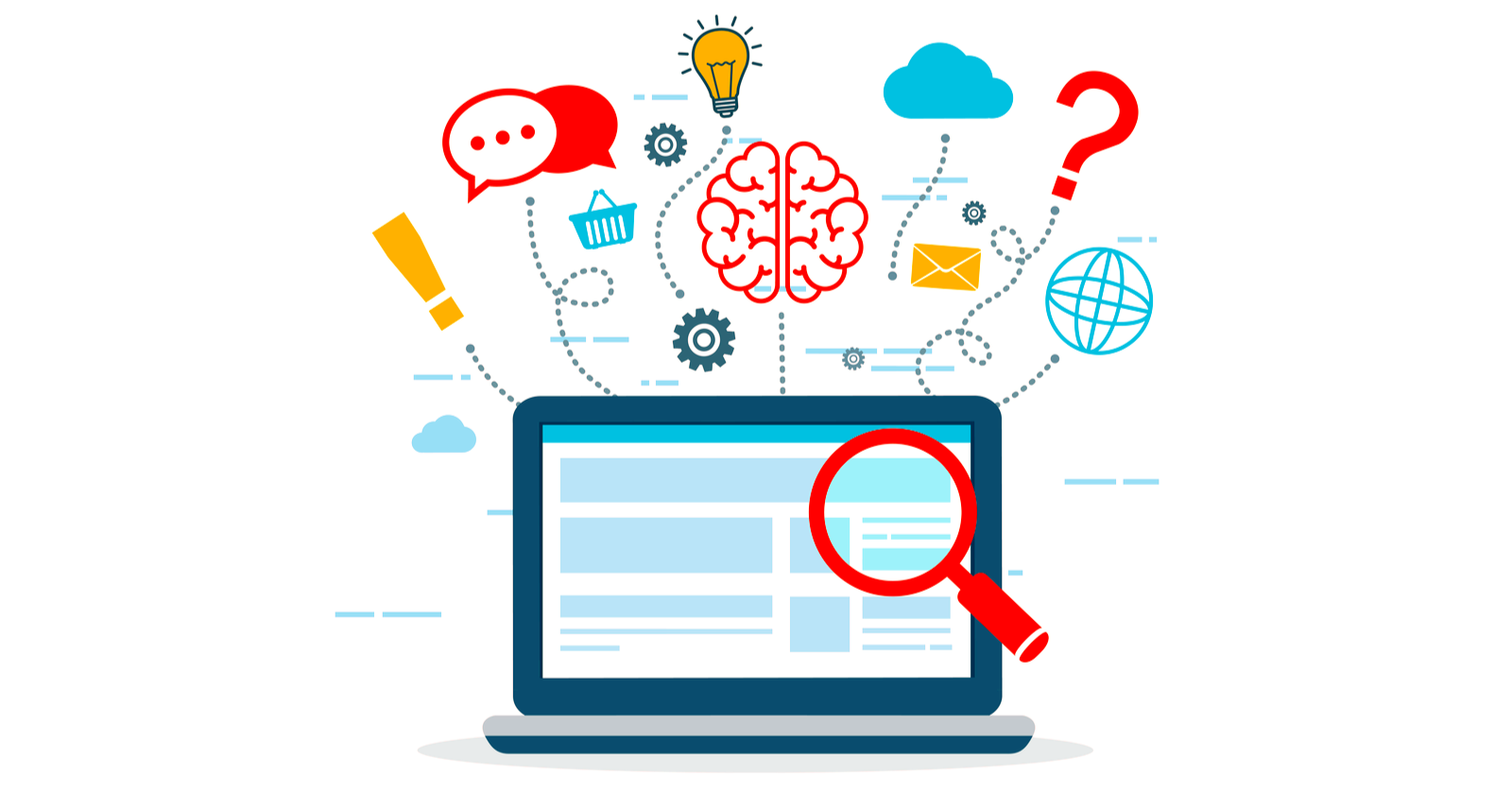In today’s tech-driven world, IT helpdesk support experts are the go-to professionals for troubleshooting IT issues. With their specialized knowledge and technical skills, they can solve a wide range of IT issues quickly and efficiently. Here are five qualities of anIT helpdesk support expert:

Image Source: Google
1. Troubleshooting skills: IT helpdesk support experts must be capable of diagnosing and solving a wide range of IT problems. This requires problem-solving skills, as well as extensive knowledge of the latest technologies and software.
2. Communication skills: IT helpdesk support experts must be able to effectively communicate with customers and colleagues. This includes being able to explain technical concepts in easy-to-understand terms and providing clear instructions.
3. Patience: IT helpdesk support experts must be patient and understanding when dealing with customers. They must remain calm and professional when faced with difficult or frustrated customers.
4. Attention to detail: IT helpdesk support experts must be detail-oriented and able to focus on the task at hand. They must be able to identify and resolve even the most intricate of IT issues.
5. Adaptability: IT helpdesk support experts must be able to quickly and easily adapt to new technologies. They must be able to stay on top of the latest trends and techniques in the IT field.
These are just some of the qualities of an IT helpdesk support expert. With the right skills and mindset, they can be invaluable assets to any IT team.

